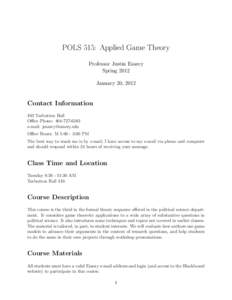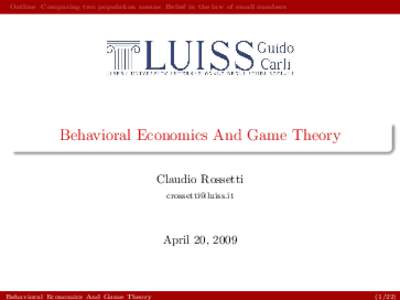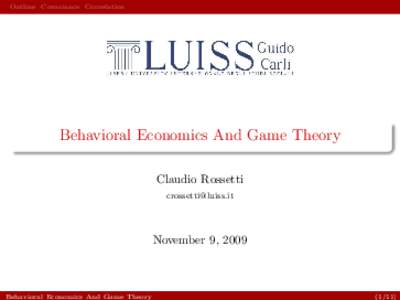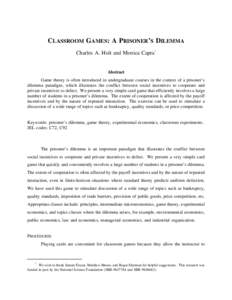<--- Back to Details
| First Page | Document Content | |
|---|---|---|
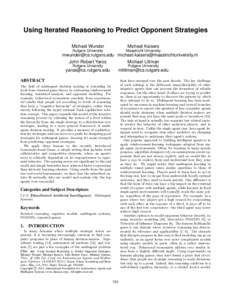 Date: 2012-04-29 08:04:26Science Dynamic programming Markov processes Stochastic control Control theory Partially observable Markov decision process Automated planning and scheduling Multi-agent system Markov decision process Game theory Statistics Artificial intelligence |
Add to Reading List |
 Using Iterated Reasoning to Predict Opponent Strategies Michael Wunder Michael Kaisers Rutgers University
Using Iterated Reasoning to Predict Opponent Strategies Michael Wunder Michael Kaisers Rutgers University
